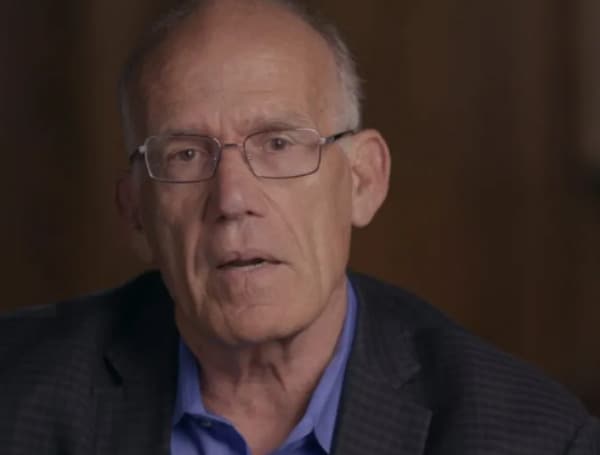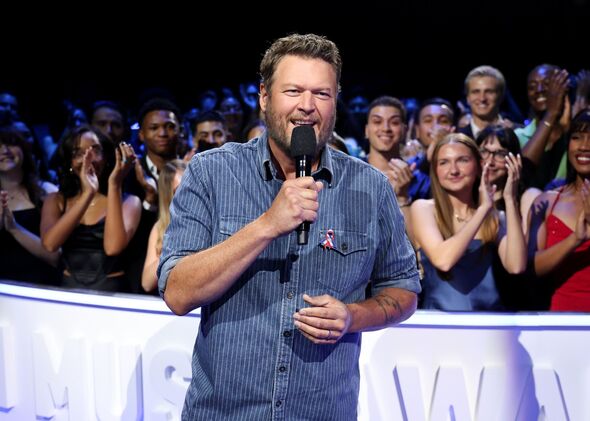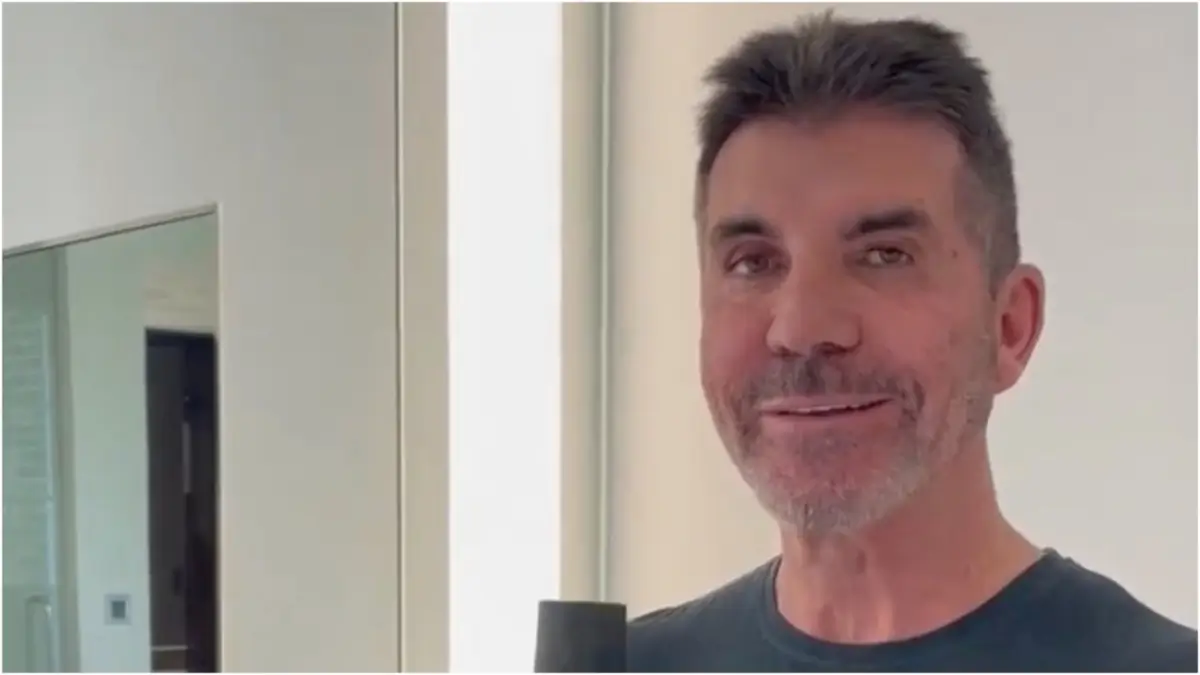Nevada lawmakers could determine fate of $1.4 billion in movie tax credits
Editor’s note: This story may be updated.
(The Center Square) – On the last day of the current legislative session Monday, the Nevada Senate is expected to vote on the largest public subsidy in the state’s history.
The Nevada Studio Infrastructure Jobs and Workforce Training Act, or
Assembly Bill 238
, narrowly passed the state Assembly Friday with some notable amendments. The changed bill could squeeze through the state Senate with a likely vote later Monday, before the legislative deadline passes. It would then go to Gov. Joe Lombardo’s desk for his possible signature.
“We need to diversify our economy here in Nevada and particularly in southern Nevada,” said Sen. Roberta Lange, D-Clark County, sponsor of the strikingly similar
Senate Bill 220
. “We had COVID, and all the resorts shut down. It was eerie. We went and drove down the strip just to see what it was like, and it was so eerie not to have any businesses open. We need to figure out a way in Nevada, and I think this is the vehicle.”
The $1.4 billion included in the bill would be spread over 15 years, starting in 2028 through an annual film tax credit. Nevada already has a film tax credit, capped at $10 million per year. The new proposal would raise that to $120 million in an effort to pull some of the film industry away from Hollywood and into the Silver State.
But some have raised major questions about the return on investment of the years-long credit.
An independent report by
Arizona firm Applied Economics
disagreed with the sponsor’s reported economic impact, saying the impact, while likely still positive, would be far less than stated before.
The film tax credit bill was voted through the state Assembly 22-20, but supporters were forced to cave into some amendments. The two main changes have been to increase checks on how the film companies are keeping up with investments to receive tax credits, and to create a pre-K tax revenue.
The pre-K tax revenue would bring in an
estimated $11 million
annually for Clark County public preschools. Las Vegas is the county seat.
As the state does not require pre-K funding,
most preschool kids are left uncovered
. Only about 9% of Nevada’s 4-year-olds and 1% of 3-year-olds are enrolled.
The movie tax credits bill’s new changes for increased transparency were the main issue opponents found with the proposal. The updated bill requires higher standards for in-state investments by the film businesses to access the tax credits, with deadlines across the 15 years.
“We want to make sure the bill will have good accountability,” said President of the Nevada Taxpayers Association Yolanda King. “If they’re not fulfilling their commitments, it doesn’t allow them to get the tax credits, so that’s probably a plus. They have to make sure there’s guardrails in place.”
The majority of the film tax credits, $95 million per year, will go toward the Summerlin Production Studios Project in Las Vegas. The new film studio has been co-signed by Warner Bros. Discovery and Sony Pictures Entertainment. Proponents of the bill hope it could become the center of the Nevada film industry. (New York City-based Warner Bros. Discovery owns the longtime Warner Bros. Studios in Burbank, Calif., and Sony Pictures Entertainment, which owns Columbia Pictures, is based in Culver City in the Los Angeles area.)
The next biggest tax credit handed out by Nevada was the $1.25 billion in 2014 given to Elon Musk’s Tesla, which has
recently
ramped up production at its Sparks Gigafactory for semi trucks, located east of Reno.






